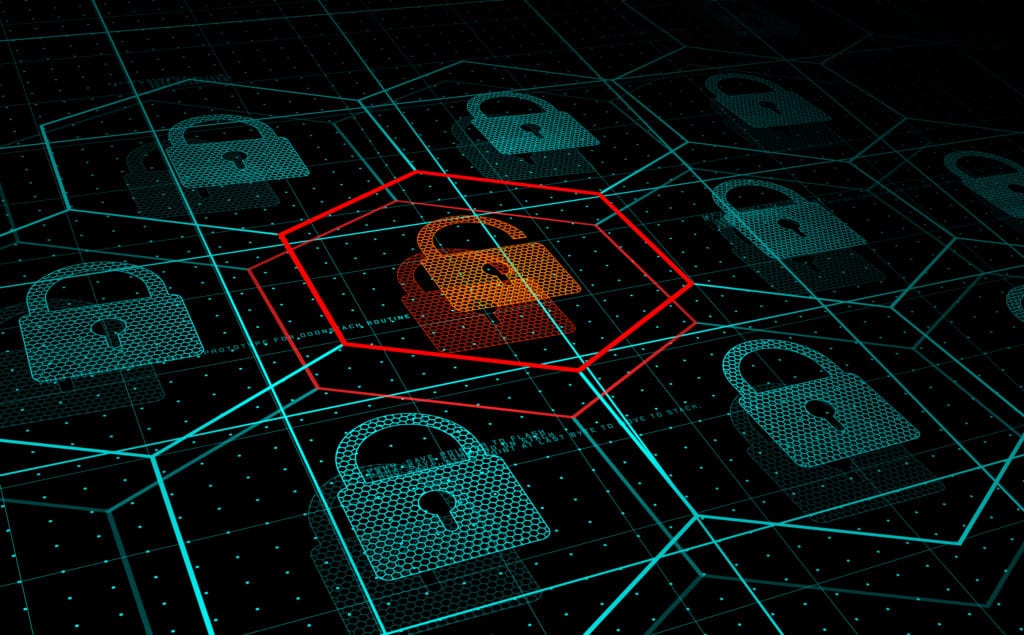
In addition to worrying about sales, employees, and customers, today’s business owners also have to worry about online threats and cybersecurity.
Just one data breach can have devastating consequences for a Gonzales, Louisiana business, which include downtime costs and potential lost business due to loss of customer trust.
Companies that don’t invest in their IT security or that think they’re “too small” for hackers to bother with, can end up paying a high price. Small businesses suffer 10x higher impacts due to data breaches than larger organizations who have an easier time absorbing the costs.
The average data breach cost for a small to mid-sized company is $2.65 million or $3,533 per employee.
There are multiple attack types to worry about and the damages can come in many forms. Types of online threats to businesses include:
- Ransomware and other malware
- Data breaches
- Cloud account takeovers
- Mobile malware
- Insider threats
- Phishing attacks
- Brute force attacks
- Fileless attacks
To properly protect your data and network from all those threats, you need to have a multi-pronged plan that has you ready for anything.
How to Keep Cyber Attacks from Hurting Your Louisiana Business
Here are several smart strategies you can put in place to put a protective ring around your business network and help prevent a costly breach.
Network Firewall
One of the first lines of defense for a business network is a firewall. This is a solution that monitors all incoming and outgoing traffic and can detect and stop malicious threats.
Firewalls can block dangerous websites that may be linked in phishing emails. They can also alert you of any unusual network activity. Their purpose is as the sentry at the “front gate” to help keep out all unauthorized entities.
Reliable Antivirus/Anti-malware Program
An important device protection, for both computers and mobile devices, is a reliable antivirus/anti-malwareprogram. You should not rely on free antivirus (some of which are malware themselves) and instead use a trusted solution that uses AI to detect strange behavior and zero-day threats.
Managed Patches & Updates
Sixty percent of all data breaches last year were the result of unpatched system vulnerabilities. Those updates that come through regularly for your operating system, software applications, and firmware are vital to cybersecurity, but too often they’re put to the side and never applied. Users don’t want to stop what they’re doing to deal with them.
The safest way to ensure all devices that access your business data are being updated regularly is to have those patches and updates managed by an IT provider, like Carl’s Computer Care.
Secure Your Cloud Accounts Properly
Cloud accounts are under attack more than ever because hackers go where the data is and it’s increasingly stored in cloud systems like Microsoft 365, Google Drive, and others.
Using a cloud access security broker (CASB), such as Microsoft Cloud App Security, can help you monitor access to all your cloud platforms and control data security across each one.
Use Multi-Factor Authentication for All Logins
Credential theft is becoming a major problem. Hackers know that if they can login as a legitimate user to a network or cloud platform, they bypass all types of security. And often these types of insider attacks can go undetected for months.
One way to stop 99.9% of all fraudulent sign-in attempts, even if the hacker has the password, is to use multi-factor authentication (MFA) for all your logins. Those few extra seconds entering an additional code can make all the difference in being protected from a breach or account takeover.
Use a VPN for Mobile or Remote Employees
Due to the pandemic, more businesses than ever before have employees working remotely from home. This leaves a big risk when it comes to network security. Employees can be connecting from a less-secure home Wi-Fi, which can leave your business data vulnerable.
One way to easily encrypt all connections, even if they’re through an unsecure or free public Wi-Fi, is to use a business VPN (virtual private network). This keeps all connections and traffic secure.
Put a Mobile Device Management App in Place
Mobile devices now do more of the workload than computers, yet they often fall behind when it comes to security.
What happens if an employee has access to all your accounts on their smartphone, and then suddenly leaves the company?
A mobile device manager, like Microsoft Intune, allows you to keep track of all mobile devices (employee-owned and company-owned) that can access your business data. You can remotely wipe or lock a device, remove access to your accounts, and push through critical updates.
Is Your Business Properly Protected from Online Threats?
Don’t leave your company at risk of an expensive IT security incident. Carl’s Computer Care can review the protections you have in place and suggest fixes for any vulnerabilities.
Contact us today to schedule a security consultation! Call 225-315-3498 or reach us online.
